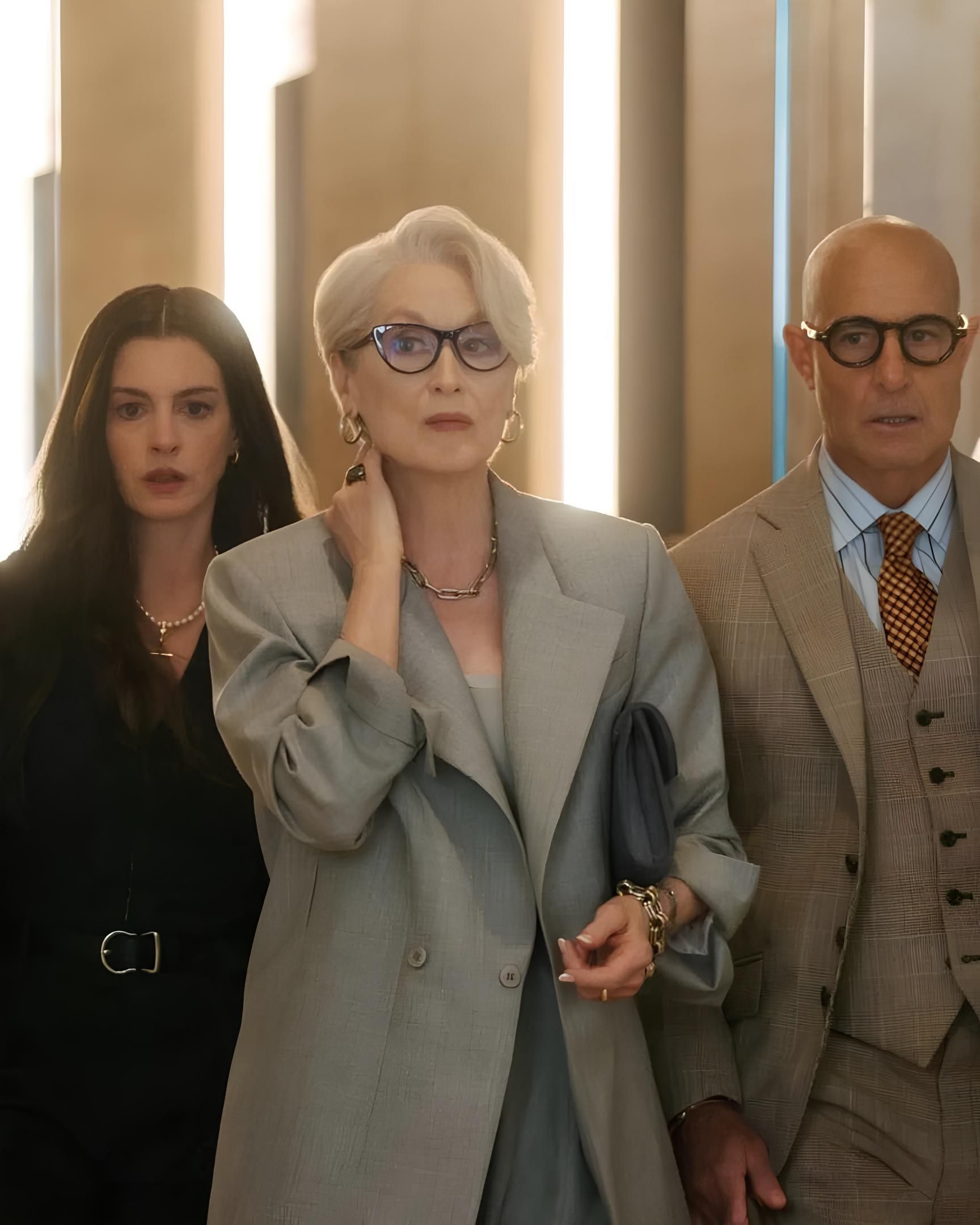
Why do we hate “film bros”? Arguing with them is almost torture
We live in very complicated times. So complicated, in fact, that many men, upon reaching adulthood, choose a passion or a subject and make it their personality for the rest of their lives. In the most unfortunate cases, the choice falls on something else: finance, fitness, sneakers, climbing, and so on. But lately, it seems that the most amusing category on the Internet is the cinema enthusiasts, also known as “film bros”. Who are they? Essentially, they are cinema lovers who believe they know everything but possess mediocre and superficial knowledge, often including very canonical and predictable films. Let's make it clear right away: a film bro thinks he is a cinephile, but he is not; although it cannot be ruled out that being a film bro is, so to speak, the first stage of the development of a cinephile who, as they mature, will acquire culture, a robust critical sense, but above all, the intellectual humility that only true art appreciators can exercise without prejudice. But for now, film bros are like this: quite pretentious, quite condescending, quite superficial. The kind of person who admires the photography of a film but ignores the concept of blocking, who knows a thousand trivia from pages like "Did you know that..." but wouldn't be able to analyze a film to save their life, who is good at comparing but not at evaluating. But are we right to mock them like this?
Normally, having interests and passions is not cringe, but having fixations and automatisms is. Every passion that is too great reveals a personality that is too small—a equation valid for any human being. The most serious sin of the film bro, therefore, is not so much loving cinematic art but not realizing that they are a cliché or, in any case, not being as original or cultured as they think they are. In this sense, as always, the fundamental error is the arrogance of considering oneself superior to others. But here, two problems also arise: the first is that, by its very definition, the "film bro" is a man, therefore the label denotes a certain sexism and implies that certain more artistic or demanding films are exclusive to a male audience; the second is that reducing the passion for cinema to a narrow sense of superiority means effectively discouraging it, promoting an anti-intellectual attitude. Both are understandable: first of all, it is true that the "film bro" is always a man since the label exists to describe the cliché of a man who only knows films about other men with violent tendencies, realizing fantasies of revenge and power; precisely the need to identify oneself at all costs, excluding by principle the films that go beyond the rigid established canon, sets the "film bro" apart from the cinephile who is, in fact, capable of appreciating all kinds of films and can interpret those same films from their perspectives, as Kaiya Shunyata explains in the interesting essay How ‘Film Bro’ movies helped me explore my gender identity. For example, the recent Barbie is a film quite outside the "film bro" canon, and many online users, often women, jokingly say to mention the film just to trigger one of their comic rants.
film bro has and always will be a stupid term created by insecure people who hate when others like movies they don’t https://t.co/5awEDd5jgD
— AVarStunts (@kickassvargas) December 10, 2023
The second point, more complex, concerns an interesting aspect to consider: the community that the phenomenon of "film bros" has created on Twitter, TikTok, and especially Letterboxd—a platform that, in the last year, has become almost an Instagram for cinema lovers. On Twitter and TikTok, the communities are called "Film Twitter/TikTok" and are used as hashtags to identify that group of users and creators who produce content related to cinema, often more for fashion or appearance than for true passion. While on TikTok, the community appears to be genuinely unified, on Twitter, it is quite divided: half of the #FilmTwitter hashtags exist as a mockery of those who act like cinephiles on social media. In response to a tweet stating that "cinema was back," commenting on a clip of Anne Hathaway smoking, a user noted, "just give a cigarette to an actor, and Film Twitter goes crazy. They would give 10/10 even to 'The Puppy Team' if the dog smoked." The reference here is to how a certain film, broken down into individual clips and lines, is often reduced only to its aesthetic aspect and not considered as a unified artistic project. This is the case with the recent Saltburn, for example, where many users cannot consider the screenplay and direction flaws due to aesthetically satisfying production design and photography and its easy shock factor. This title also falls outside the "film bro" canon, which indeed criticizes it almost on principle with many tweets on Twitter following the formula: "I'm not a film bro, but in fact, I didn't like Saltburn" as if merely highlighting negative aspects of a film means completely dismissing it. Once again, therefore, the tendency to present judgments that do not concern the film itself but how the judgment on the film qualifies the viewer is evident: if you didn't like the film, you're picky and pretentious; if you liked it, you're superficial and childish. But no one talks about the film as a film, that is, in a critical-analytical sense.
Is there an antidote to "film bros" and, in general, the toxicity of an online debate that has become pretextual and biased beyond any imaginable limit? Actually, yes, and it is the independent online critics more free from political affiliations (they are recognizable because they do not publish videos against the woke drift of Marvel and Disney, a recent obsession of the YouTube crowd) who actually discuss films in a competent and easily accessible manner. The main one, with almost two million subscribers on YouTube, is the American Jeremy Jahns, while in Italy, we have Mario Palladino, who certainly has more polemical tones but is tremendously accurate in his reviews. These are just two of the many possible names, but in general, both methods simply involve a critical evaluation that takes into account the contradictions of a film considered both in its merits and its flaws, but never in a binary system of trash or masterpiece. What film bros should do, then, is not criticize more but criticize better—and for heaven's sake, go beyond the filmography of Tarantino, Nolan, and Scorsese.













































